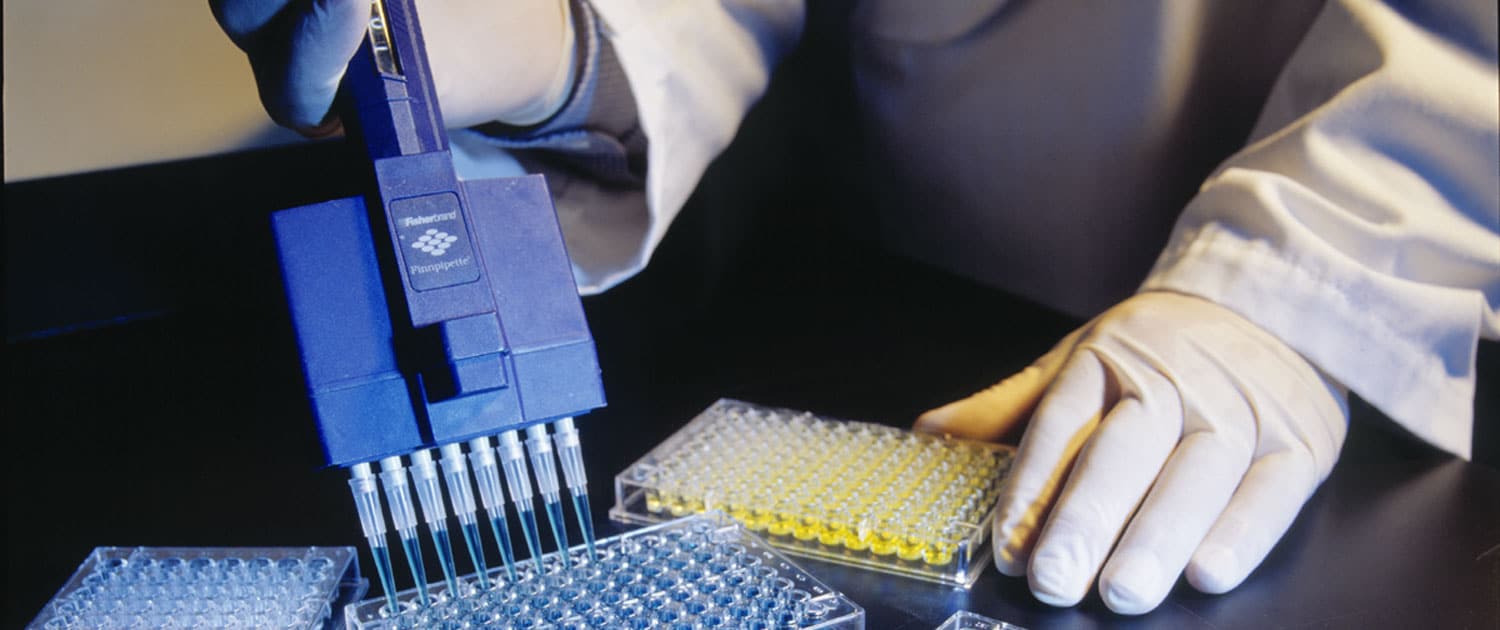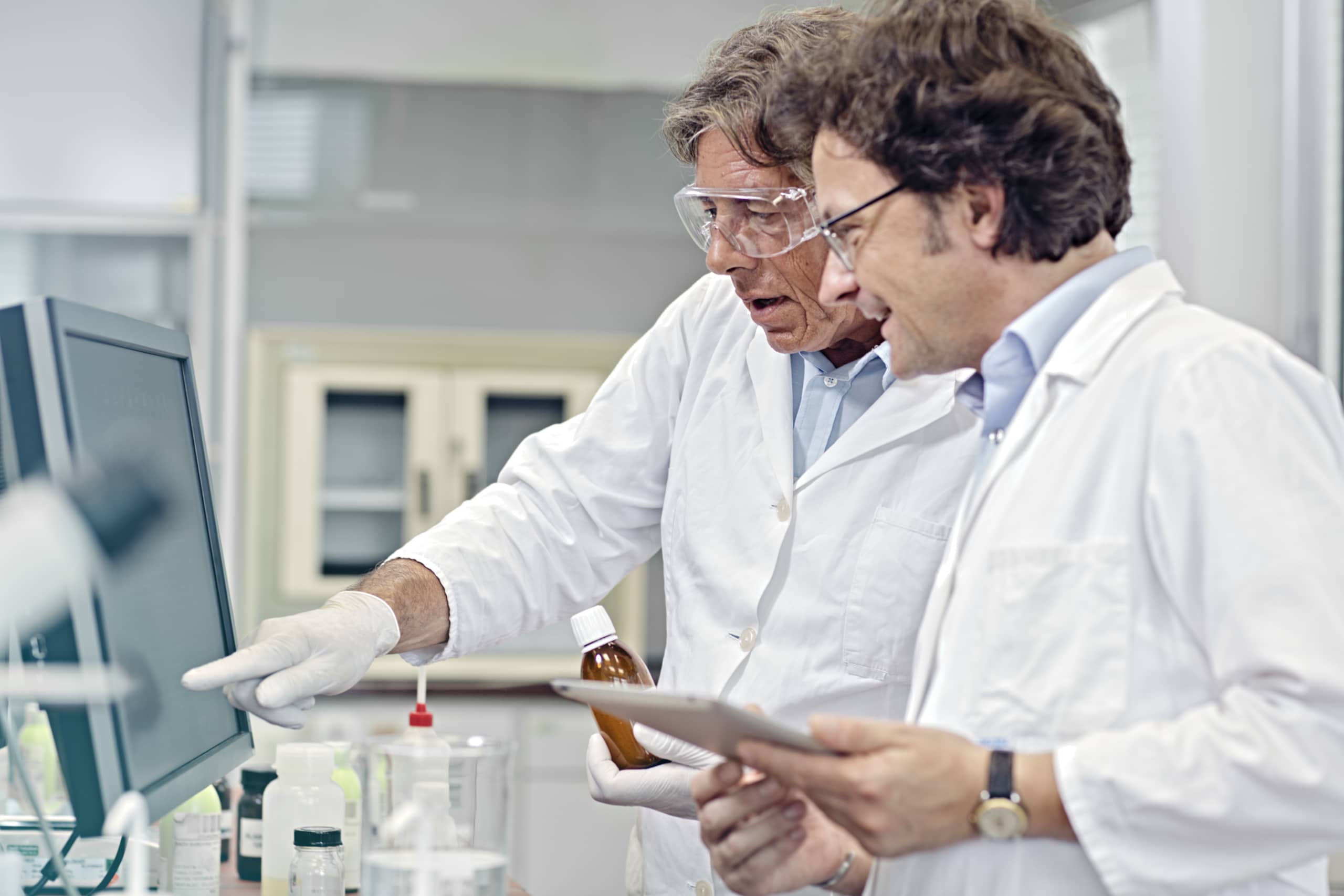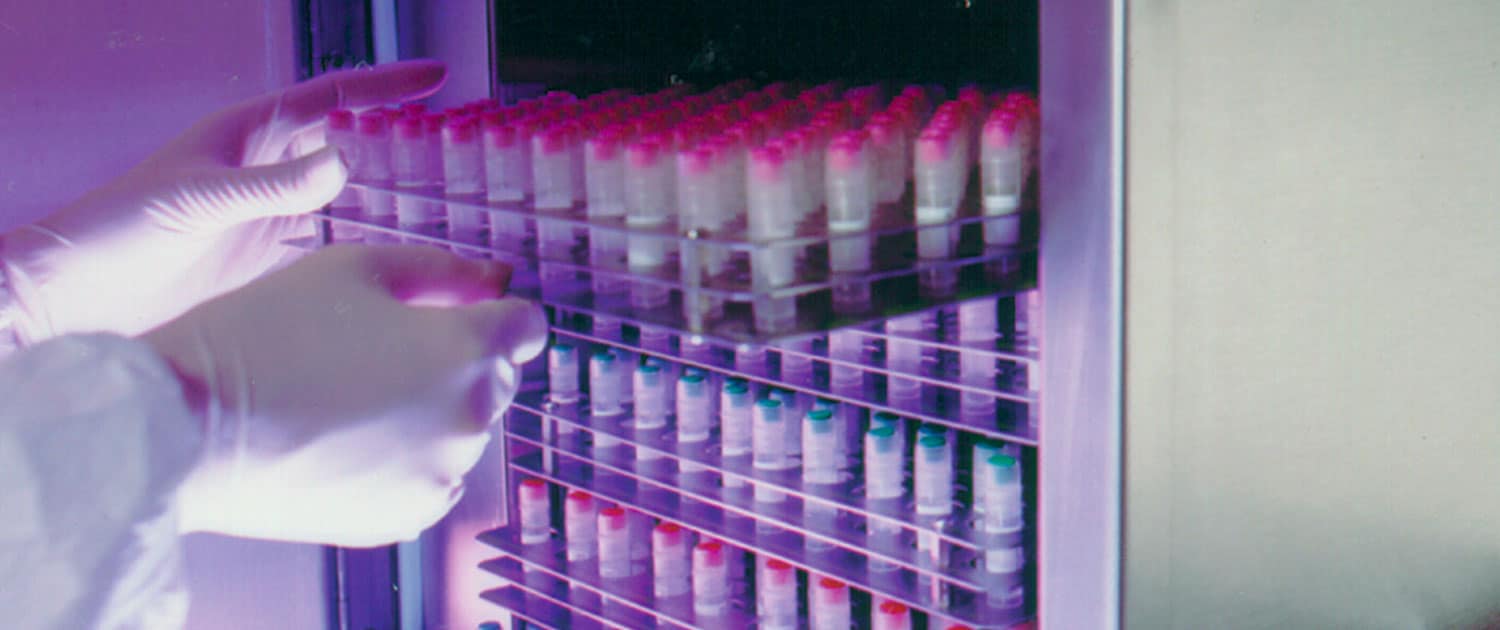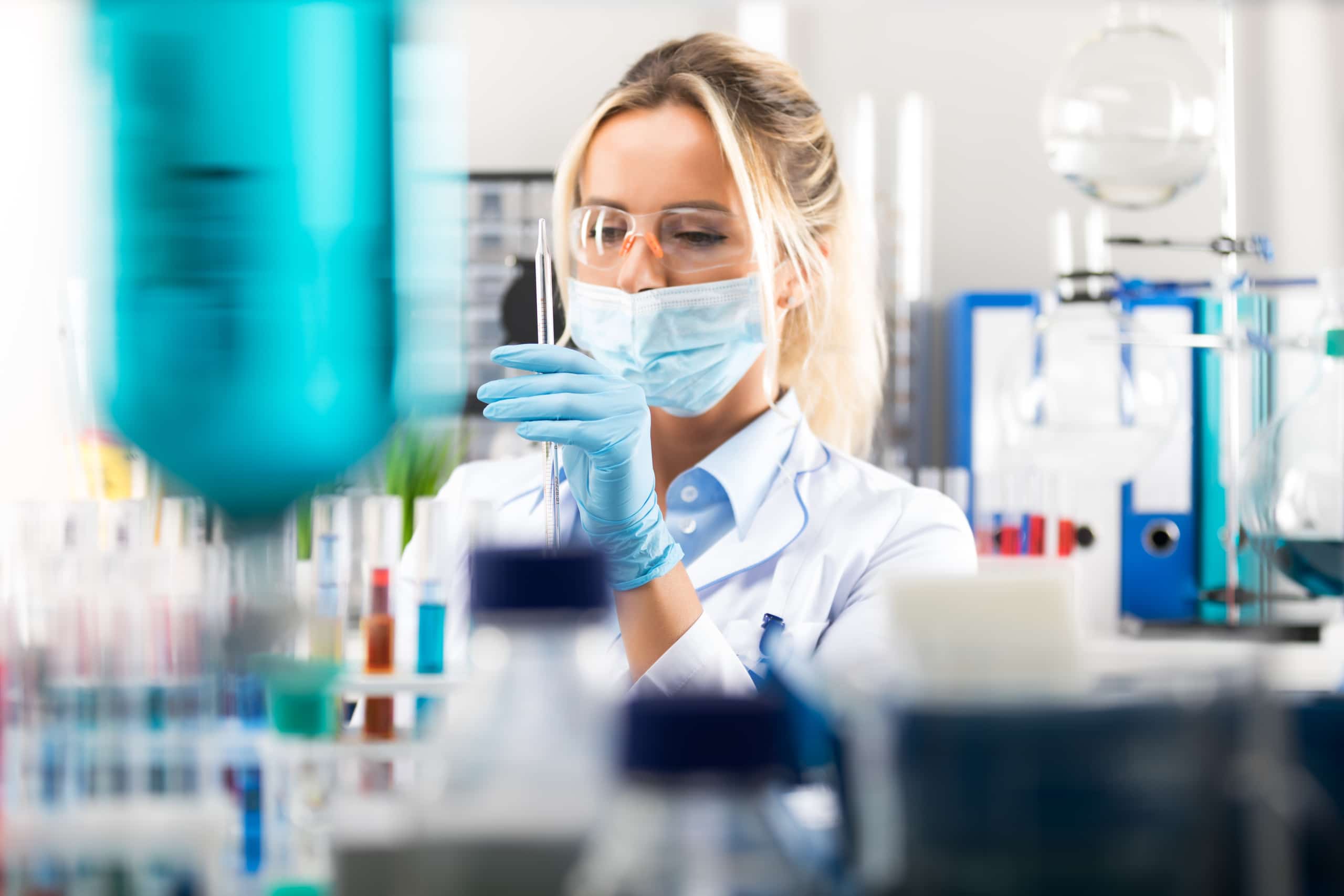There is a popular board game based on a global disease outbreak that is generally rated 5 stars. As for the real Covid-19 pandemic, it would be hard to find a single person in the Biopharma industry who would give the supply chain performance during the pandemic that kind of high review. While the industry quickly developed vaccines and therapies, supply chains globally were tested and it was clear that change is needed.
As an industry, there were many successes and things that rightly should be celebrated. The first covid vaccine was brought to market in under a year with others quickly following. This occurred because the entire Biopharma industry, from suppliers to manufacturers, to regulators to governing bodies, banded together to work for the greater good.
Collaborations between unlikely partners and a willingness to be transparent and flexible smoothed barriers to not only accelerate the development and deployment of Covid vaccines and therapeutics, but also to continue to prioritize constrained supply to ensure that critical drugs and therapies remained on the market.
But, the Covid-19 pandemic was also an extreme test of the Biopharma supply chain. What lessons can we take from the pandemic to create more robust biopharma supply chains? A recent conversation between Darren Verlenden, Head of Process Solutions at
According to Sebastian Moritz, “If you can’t win the game, change the game”. Game theory models the interactions between different parties where each party pursues their own interests. According to TWS Partners, game theory “can be used to structure and shape interactions with a view to steer and influence the behavior of other players towards a desirable outcome”.
One lesson from the pandemic was how critically important it was to align interests and incentives of all players. By looking at the entirety of the supply chain and its performance during the pandemic, as an industry we can map out the bottlenecks and roadblocks and develop ways to address them that would align all players. In many ways, we made this happen during the pandemic through collaboration and transparency, but how could we change “the supply chain game” so that all players are incentivized to always work towards desirable outcomes? This could be by looking at the experiences of other industries and using similar tools and tactics such as management of supply relationships or digitalization. New digital tools are being developed that enable better management of complex supply chains and digitalization is also being employed to improve efficiencies and processes within Biopharmaceutical manufacturing. Developing digital solutions that support both better supply chain management and improvements to manufacturing will require transparency by all players but as an industry, we will need to develop the incentives that support that transparency by all players.
Changing how the Biopharma industry manages the supply chain will require the entire industry to drive change. This is something that no one company can do on its own… The partnership and collaboration of the Pandemic clearly demonstrated that the industry can work together for a common goal, we just need to keep the momentum and collaboration going. Because with a more resilient supply chain, everyone wins the game.
More insights from this conversation, published in the Medicine Maker, can be found here.








